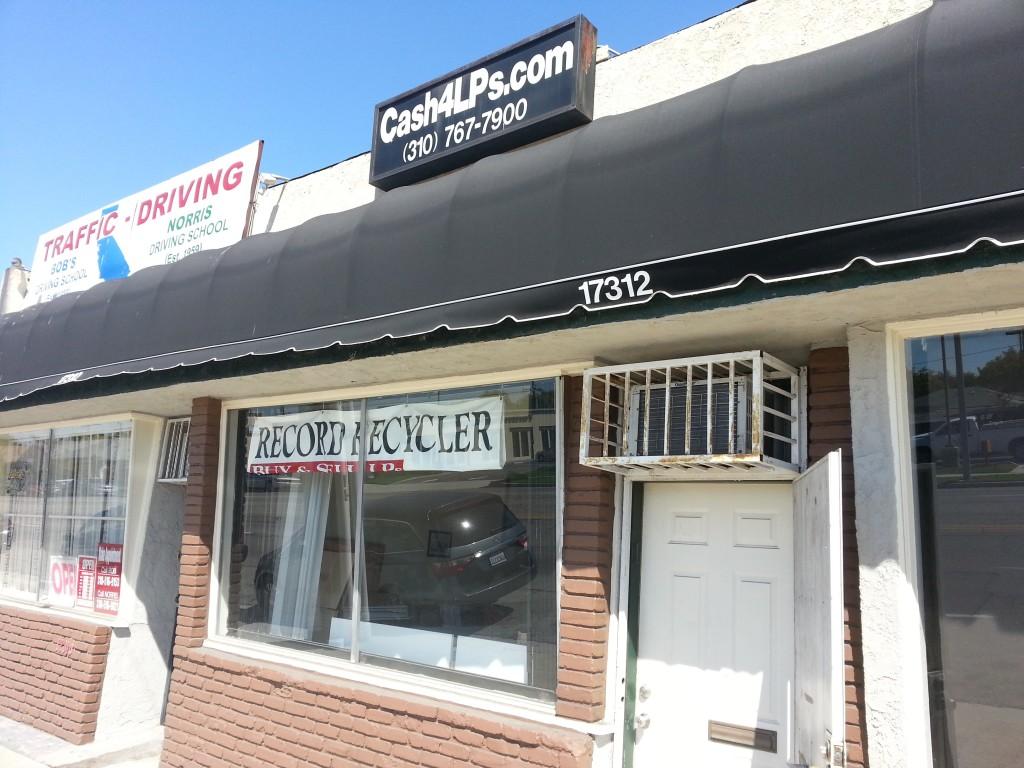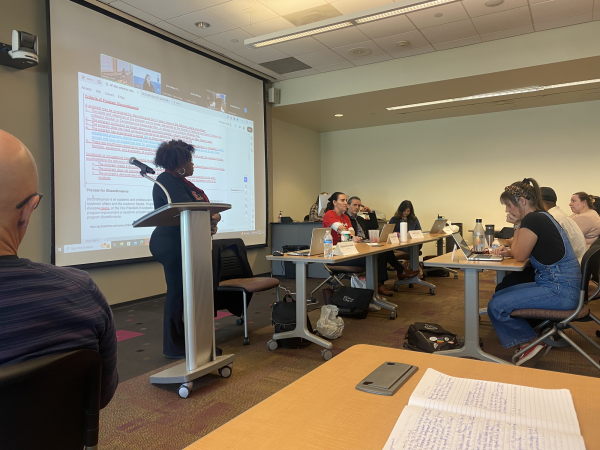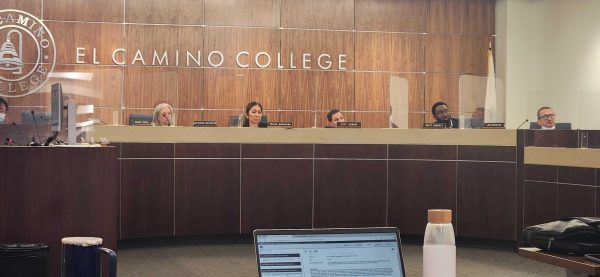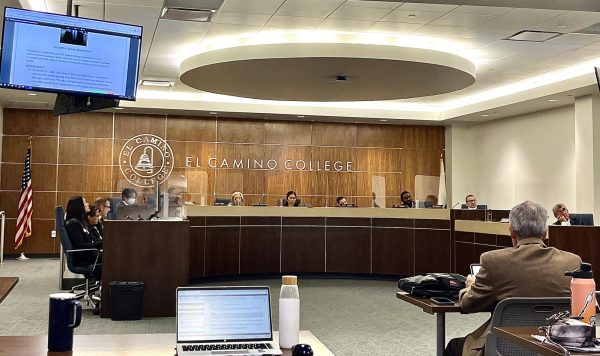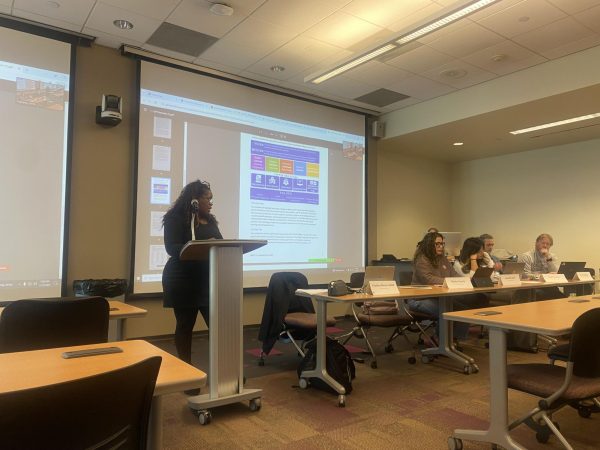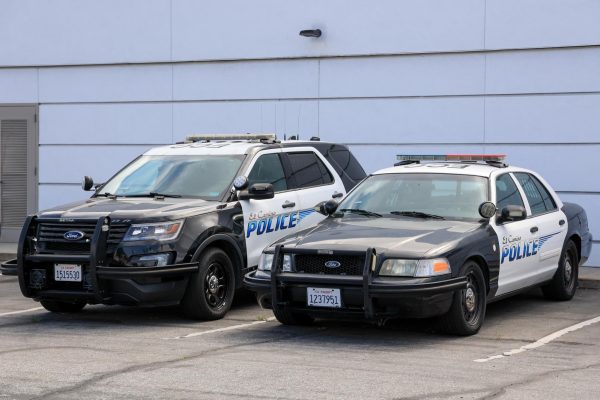The Record Recycler: a local secret
Did you know there is a local record store on Crenshaw and Artesia boulevards?
The Record Recycler is a quiet little store on Crenshaw across from El Pollo Loco.
Chaos on Crenshaw is the norm, but there’s a different type of chaos to be found in the Record Recycler, a small record store tucked among local businesses.
Jazz horns spiral out of control when the front door is opened. Beautiful album artwork designs compete for the eye’s attention, but it feels like home to anyone used to flipping through countless albums trying to find the one.
At the far end, behind a cluttered desk, sits Roy Kaiser: store DJ, resident vinyl guru and owner of one of the South Bay’s least known treasures.
“I’m kind of surprised,” Kaiser said. “People say I must get a lot of business from the college, but I don’t think so. Not that I’m trying to lay a guilt trip, but it just seems like there would be a little more interest from the students.”
Just around the corner, clerks in a hydroponics shop said they regularly get puzzled people wandering in asking about a record store. The clerks don’t know where it is either.
Perhaps the low-key music shop is just a tradition being carried on by Kaiser.
“I didn’t start off with a plan to open up a record store,” Kaiser said. “Someone opened up a store called Peanut Records in Lomita. A friend told me about it, so we drove over there to look for it, but at first we couldn’t find it because it was behind a burger stand.”
The price for records is fair at around $5 to $15 at Kaiser’s shop. He also strives to pay decent prices to people selling their used tunes.
“I try to put myself half way between the people buying and selling records, Kaiser said. “If someone shows up selling records, I don’t try to steal them. I pay decent, so they come back.”
The Record Recycler is still going strong after 12 years despite competition from giants like Amoeba and The Warehouse.
“When you get in that size of a store, it might get to be impersonal,” Kaiser said. “It’s like a big supermarket for music. Basically, I’m a little mom and pop operation. At Amoeba, they’re under instructions to pay as little for the records as possible. “
Talking music with customers and getting to know them is another advantage Kaiser enjoys over the big stores.
“I’m friendly with the customers, Kaiser said. “I try to figure out what type of records they’re interested in and I’ll let them know if I get something they’d be interested in.”
Kaiser possesses a unique knowledge of vinyl records and local history that only he could offer visitors.
“There’s actually a really rare record that comes out of the South Bay and it’s called ‘Song of a Gypsy’ by Damon,” Kaiser said. “A guy named David Del Conte made it, and his dad had a pretty well known steak house on PCH called Del Conte’s. I found a copy of that record almost 20 years ago. I think right now it might be worth 2 or 3 thousand dollars.”
Kaiser welcomes young new customers.
“I know record collecting is a small hobby, but maybe students just can’t find the shop,” Kaiser said. “I’d like to know how many people from the campus are interested in records.”



